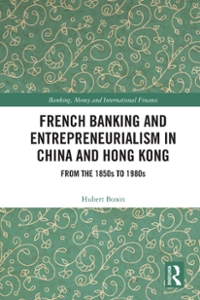Question
3 . Problems and Applications Q6 Suppose Kevin is the only seller in the market for bottled water and Edison is the only buyer. The
3 . Problems and Applications Q6
Suppose Kevin is the only seller in the market for bottled water and Edison is the only buyer. The following lists show the value Edison places on a bottle of water and the cost Kevin incurs to produce each bottle of water:
| Edison's Value | |
|---|---|
| Value of first bottle: | $10 |
| Value of second bottle: | $7 |
| Value of third bottle: | $3 |
| Value of fourth bottle: | $1 |
| Kevin's Costs | |
|---|---|
| Cost of first bottle: | $1 |
| Cost of second bottle: | $3 |
| Cost of third bottle: | $7 |
| Cost of fourth bottle: | $10 |
The following table shows their respective supply and demand schedules:
| Price | Quantity Supplied | Quantity Demanded |
|---|---|---|
| More than $10 | 4 | 0 |
| $7 to $10 | 3 | 1 |
| $3 to $7 | 2 | 2 |
| $1 to $3 | 1 | 3 |
| $1 or less | 0 | 4 |
Use Kevin's supply schedule and Edison's demand schedule to find the quantity supplied and quantity demanded at prices of $2, $6, and $9. Enter these values in the following table.
| Price | Quantity Supplied | Quantity Demanded |
|---|---|---|
| 2 | ||
| 6 | ||
| 9 |
A price of brings supply and demand into equilibrium.
At the equilibrium price, consumer surplus is
, producer surplus is
, and total surplus is
.
If Kevin produced and Edison consumed one less bottle of water, total surplus would .
If instead, Kevin produced and Edison consumed one additional bottle of water, total surplus would .
Step by Step Solution
There are 3 Steps involved in it
Step: 1

Get Instant Access to Expert-Tailored Solutions
See step-by-step solutions with expert insights and AI powered tools for academic success
Step: 2

Step: 3

Ace Your Homework with AI
Get the answers you need in no time with our AI-driven, step-by-step assistance
Get Started


